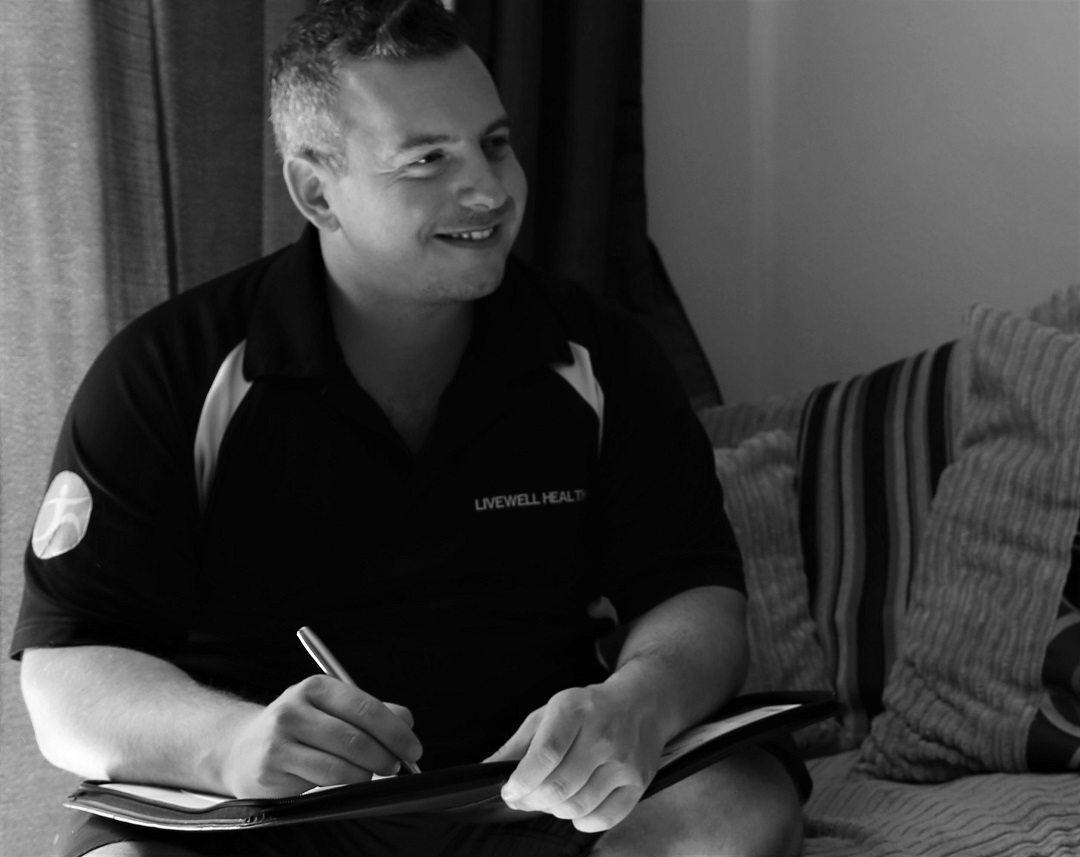How to Prepare for Your Marathon Race: A Comprehensive Guide to Success
Running a marathon is a significant achievement that requires months of dedicated training, mental preparation, and careful planning. Whether you’re a seasoned runner or tackling your first marathon, proper preparation is essential to crossing the finish line strong and injury-free. In this comprehensive guide, we’ll outline the key steps to help you prepare for your marathon race, from setting realistic goals to fine-tuning your training regimen and ensuring you’re ready for race day.
Setting Realistic Goals
Before diving into your marathon training, it’s crucial to establish realistic goals based on your fitness level, experience, and desired outcome. Whether your goal is to finish the race, achieve a personal best time, or qualify for a prestigious event, setting clear and achievable goals will guide your training and keep you motivated throughout the process.
Building Your Training Plan
A well-structured training plan is the foundation of marathon preparation. It should include a combination of running workouts, cross-training activities, rest days, and gradual mileage increases to build endurance and prevent injury. When designing your training plan, consider factors such as your current fitness level, weekly mileage, preferred training intensity, and available time for training.
Gradual Mileage Build-Up
One of the most critical aspects of marathon training is gradually increasing your weekly mileage to build endurance and prepare your body for the demands of race day. Start with a manageable base mileage and gradually increase your long run distance each week, following a structured progression to avoid overtraining and injury. Incorporate rest days and recovery runs into your schedule to allow your body to adapt and recover effectively.
Cross-Training and Strength Training
Incorporating cross-training activities and strength training into your marathon training plan can help improve overall fitness, prevent injury, and enhance running performance. Activities such as swimming, cycling, yoga, and strength training can complement your running workouts, strengthen muscles, improve flexibility, and reduce the risk of overuse injuries. Aim to include cross-training sessions 1-2 times per week to supplement your running regimen.
Recovery Time for the body
It is important to set aside recovery periods and breaks in your training. This is to give your body time to recover. By having a de-load week after a 6 week training section, is a great way to take the foot off the pedal just enough for the body to catch up. Enlisting the help of a qualified sports therapist to give your body the once over, a running MOT and health check and maybe indulge in a sports massage or two during your training is a great option.
Nutrition and Hydration
Proper nutrition and hydration are essential components of marathon preparation, both during training and on race day. Fuel your body with a balanced diet rich in carbohydrates, protein, healthy fats, fruits, and vegetables to support energy levels, muscle recovery, and overall health. Experiment with different pre-run and post-run meals to find what works best for you and practise your race day nutrition strategy during long training runs to ensure it’s effective and well-tolerated.
Hydration is equally important, especially during long runs and in hot or humid conditions. Stay hydrated throughout the day by drinking water regularly and replenish electrolytes lost through sweat with sports drinks or electrolyte supplements. On race day, familiarise yourself with the course’s water stations and develop a hydration plan to ensure you stay properly hydrated from start to finish.
Race Day Preparation
Race day preparation begins long before the starting line. In the days leading up to the marathon, focus on adequate rest, proper nutrition, and mental visualisation to prepare your body and mind for the challenge ahead. Lay out your race day gear, including your running outfit, shoes, hydration pack or belt, nutrition, and any other essentials, the night before to minimise stress and ensure you have everything you need on race day.
On the morning of the marathon, wake up early to allow plenty of time for a light breakfast, hydration, and warm-up exercises. Arrive at the race venue early to avoid last-minute rushing and familiarise yourself with the course, start line procedures, and logistical details. Stay relaxed, focused, and positive as you await the start of the race, and trust in your training and preparation to carry you through to the finish line.
During the Race
Once the race begins, focus on pacing yourself according to your race strategy and staying mentally strong and positive throughout the journey. Listen to your body, adjust your pace as needed, and fuel and hydrate regularly to maintain energy levels and prevent fatigue. Break the race into manageable segments, focus on one mile at a time, and draw inspiration from fellow runners, spectators, and the excitement of the event.
Post-Race Recovery
After crossing the finish line, take time to celebrate your accomplishment and reflect on your marathon journey. Rehydrate, refuel with a post-race meal or snack, and engage in light stretching or foam rolling to aid in muscle recovery and reduce soreness. Listen to your body in the days following the marathon, and gradually reintroduce light exercise and movement to promote recovery and prevent injury.
Conclusion
Preparing for a marathon requires dedication, discipline, and careful planning, but the rewards of crossing the finish line are well worth the effort. By setting realistic goals, building a structured training plan, focusing on proper nutrition and hydration, and staying mentally strong and positive, you can maximise your chances of success on race day. Remember to enjoy the journey, celebrate your achievements along the way, and embrace the challenge of the marathon with confidence and determination. Good luck, and happy running!
If you are in need of some support, whether that’s nutrition, strength and conditioning or simply a sports massage, then don’t hesitate to contact our team today. They are highly qualified and have worked within elite sports for many years, so they will be the best people to help.


